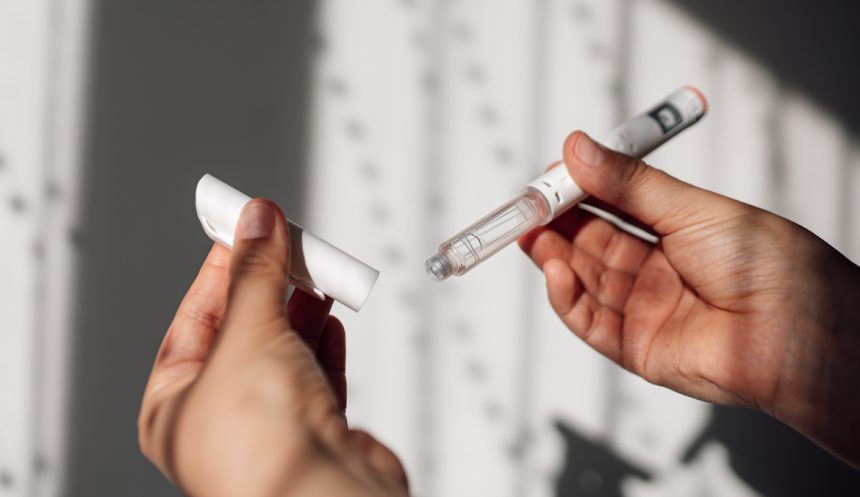The study, analyzing over 500,000 individuals with opioid use disorder and 800,000 with alcohol use disorder, found that those taking GLP-1 receptor agonist drugs had a significantly lower risk of overdosing on opioids and getting drunk compared to those not taking the medication.
Lead researcher Fares Qeadan, PhD, believes this research offers a promising solution for substance use disorders by targeting the brain’s reward pathways, potentially reducing cravings and severe outcomes like overdose.
Qeadan emphasizes that GLP-1s offer a more widely accepted treatment option for substance use disorders, potentially improving access and reducing stigma associated with seeking treatment.
Further research is needed to confirm the direct impact of GLP-1 medications on overdose and intoxication risks. Approval from the FDA is required for these drugs to be used as a treatment option.
Qeadan also highlights the importance of additional studies on dosing, long-term effects, potential side effects, and neuroimaging research to understand how these medications interact with reward pathways related to substance use.
If you or someone you know is struggling with substance use disorder, help is available. Contact the Substance Abuse and Mental Health Services Administration’s National Helpline at 1-800-662-4357 or visit samhsa.gov for support and resources.






